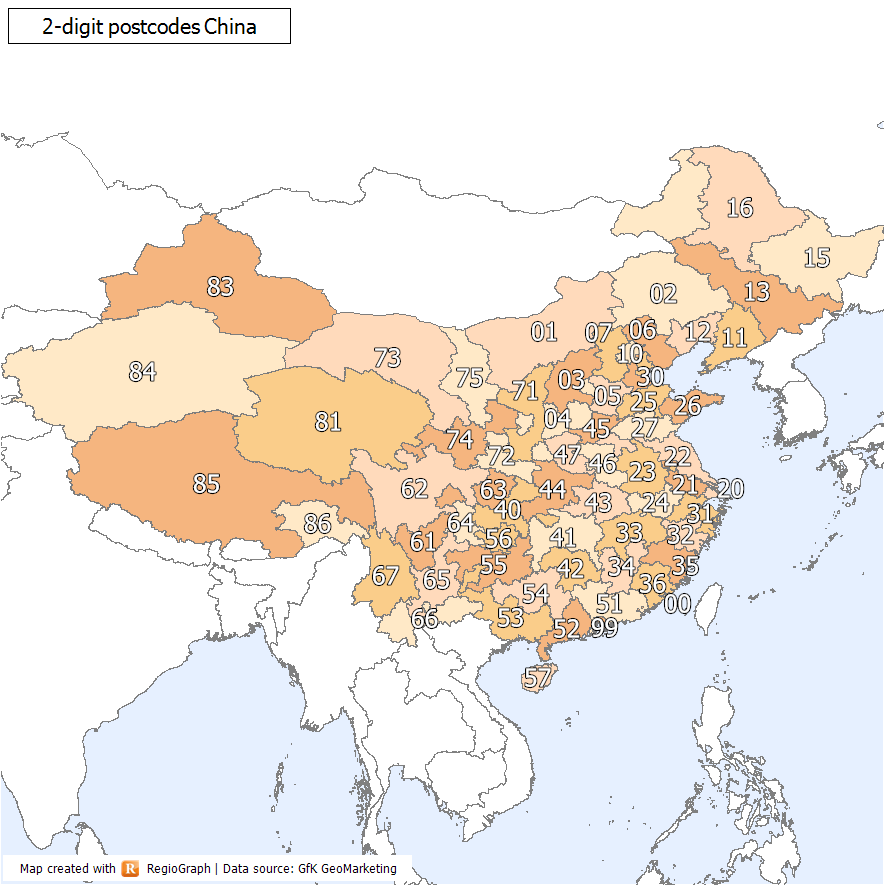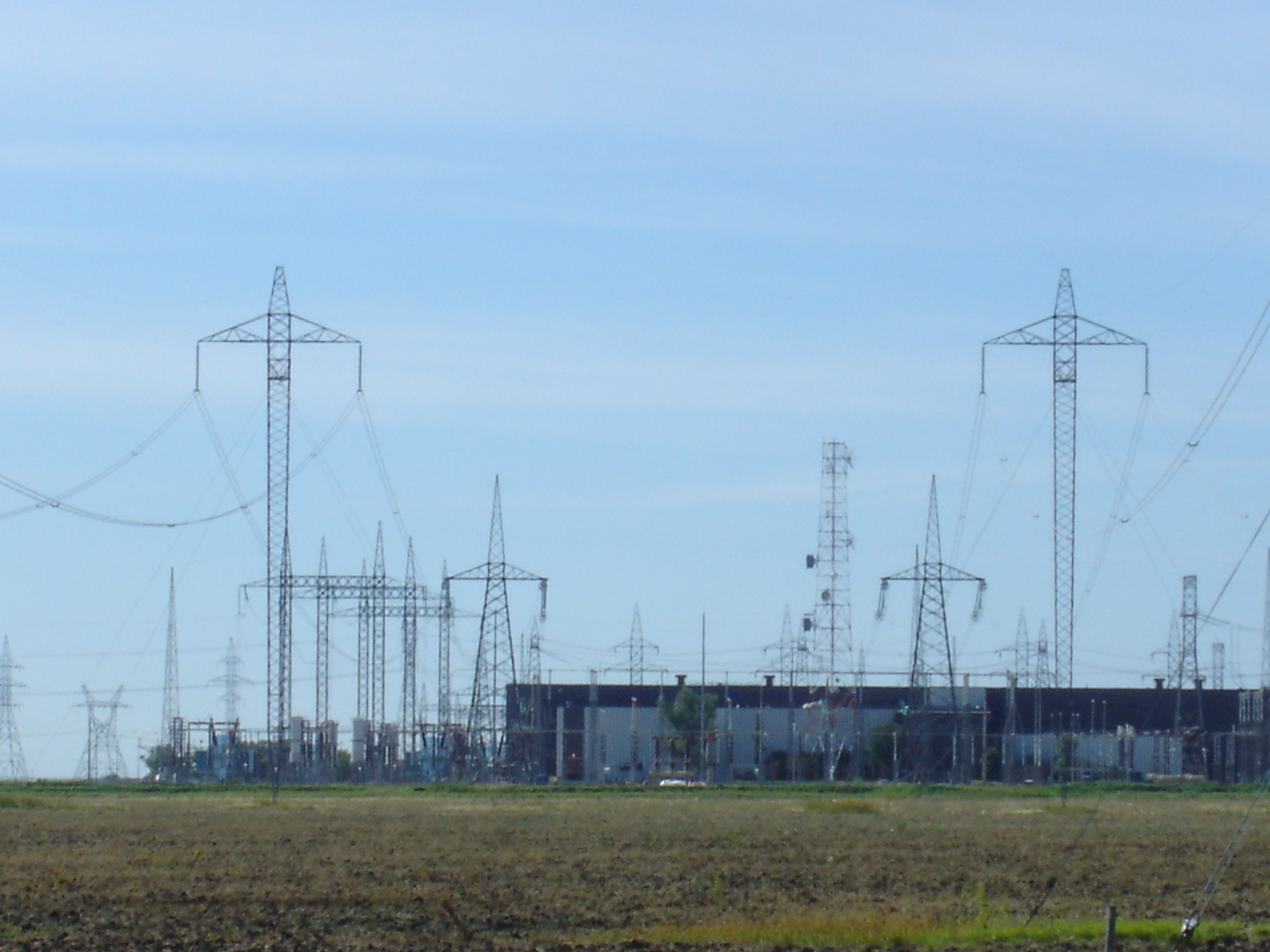|
Longquan City
Longquan () is a county-level city and former county under the administration of the prefecture-level city of Lishui in southwestern Zhejiang Province, China, located on the upper reaches of the Ou River and bordering Fujian province to the southwest. Called Longyuan () before the Tang dynasty, Longquan adopted its current name because of the naming taboo of Emperor Gaozu, the founder of Tang whose personal name was Li Yuan (). Demographics Longquan has a population of around 270,000. There is an ''Ethnic Township'' set aside for the She-nation minority at Zhuyang (). Celadons and swords Longquan is famous locally for its swords and Longquan celadon ceramics, both of which are often regarded as historically the finest in China. Longquan celadon was one of China's finest ceramics from the Song dynasty until it fell out of fashion in the Imperial court during the Ming dynasty. Production continued but at lower quality. The swords made in Longquan (Longquanjian) are famous ... [...More Info...] [...Related Items...] OR: [Wikipedia] [Google] [Baidu] |
Postal Code Of China
Postal codes in the People's Republic of China () are postal codes used by China Post for the delivery of letters and goods within mainland China. China Post uses a six-digit all-numerical system with four tiers: the first tier, composed of the first two digits, show the province, province-equivalent municipality, or autonomous region; the second tier, composed of the third digit, shows the postal zone within the province, municipality or autonomous region; the fourth digit serves as the third tier, which shows the postal office within prefectures or prefecture-level cities; the last two digits are the fourth tier, which indicates the specific mailing area for delivery. The range 000000–009999 was originally marked for Taiwan (The Republic of China) but is not used because it not under the control of the People's Republic of China. Mail to ROC is treated as international mail, and uses postal codes set forth by Chunghwa Post. Codes starting from 999 are the internal codes use ... [...More Info...] [...Related Items...] OR: [Wikipedia] [Google] [Baidu] |
Chinese Swords
Historically, Chinese swords are classified into two types, the ''jian'' and the ''Dao (Chinese sword), dao''. A ''Jian'' is a straight, double-edged sword mainly used for stabbing, and has been commonly translated into the English language as a longsword; while a ''dao'' is a single-edged sword (mostly curved from the Song dynasty forward) mainly used for cutting, and has been translated as a saber or a "knife". Bronze ''jian''s appeared during the Western Zhou period, and switched to the more durable wrought iron and steel during the late Warring States period. In modern times, the ceremonial Chinese officer's sword, commissioned officer's sword of the People's Liberation Army Navy, Chinese navy has been patterned after the traditional ''jian'' since 2008. Besides specialty weapons like the butterfly sword, butterfly ''dao'', Chinese swords are usually in length. However, longer swords have been found on occasion. Outside of Ancient China, Chinese swords were also used in Ancie ... [...More Info...] [...Related Items...] OR: [Wikipedia] [Google] [Baidu] |
Public Security Bureau
A Public Security Bureau (PSB) () of a city or county, or Public Security Department (PSD) () of a province or autonomous region, in the People's Republic of China refers to a government office essentially acting as a police station or a local or provincial police/sheriff; the smallest police stations are called police posts (). The PSB/PSD system is similar in concept to the Japanese Kōban system, and is present in each province and municipality. Typically, a PSB/PSD handles policing, public security, and social order. Other duties include residence registration ("hukou") and internal and external migration matters, such as the registration of temporary residents (including both foreign and domestic visitors). The system of public security bureaus is administered by the Ministry of Public Security (MPS), which co-ordinates the work of provincial public security departments that are also answerable to the local governments and provincial party secretaries. PSB's located in eac ... [...More Info...] [...Related Items...] OR: [Wikipedia] [Google] [Baidu] |
Communist Party Of China
The Chinese Communist Party (CCP), officially the Communist Party of China (CPC), is the founding and sole ruling party of the People's Republic of China (PRC). Under the leadership of Mao Zedong, the CCP emerged victorious in the Chinese Civil War against the Kuomintang, and, in 1949, Mao proclaimed the establishment of the People's Republic of China. Since then, the CCP has governed China with eight smaller parties within its United Front and has sole control over the People's Liberation Army (PLA). Each successive leader of the CCP has added their own theories to the party's constitution, which outlines the ideological beliefs of the party, collectively referred to as socialism with Chinese characteristics. As of 2022, the CCP has more than 96 million members, making it the second largest political party by party membership in the world after India's Bharatiya Janata Party. The Chinese public generally refers to the CCP as simply "the Party". In 1921, Chen Duxiu and Li Da ... [...More Info...] [...Related Items...] OR: [Wikipedia] [Google] [Baidu] |
Basic People's Court
A primary people's court () is a lowest level court in the Courts of General Jurisdiction in the People's Republic of China. According to the ''Organic Law of the People's Courts of the People's Republic of China'', the basic people's courts handle the first instance cases at the local level. Basic people's courts are set up at the county and district level. They consist of a president, vice president, and judges. A basic court may be further divided into criminal, civil, and economic divisions. Basic people's courts also handle cases that are deemed too trivial to require a trial. References See also * Judicial system of China ** Local people's court A local people's court is a court at local level of the People's Republic of China. According to the ''Organic Law of the People's Courts'', the local people's courts includes: * High people's courts * Intermediate people's courts * Primary peop ... Judiciary of China {{PRChina-stub ... [...More Info...] [...Related Items...] OR: [Wikipedia] [Google] [Baidu] |
HVDC Three Gorges-Changzhou
A high-voltage direct current (HVDC) electric power transmission system (also called a power superhighway or an electrical superhighway) uses direct current (DC) for electric power transmission, in contrast with the more common alternating current (AC) transmission systems. Most HVDC links use voltages between 100 kV and 800 kV. However, a 1,100 kV link in China was completed in 2019 over a distance of with a power capacity of 12 GW. With this dimension, intercontinental connections become possible which could help to deal with the fluctuations of wind power and photovoltaics. HVDC allows power transmission between AC transmission systems that are not synchronized. Since the power flow through an HVDC link can be controlled independently of the phase angle between source and load, it can stabilize a network against disturbances due to rapid changes in power. HVDC also allows the transfer of power between grid systems running at different frequencies, such as ... [...More Info...] [...Related Items...] OR: [Wikipedia] [Google] [Baidu] |



